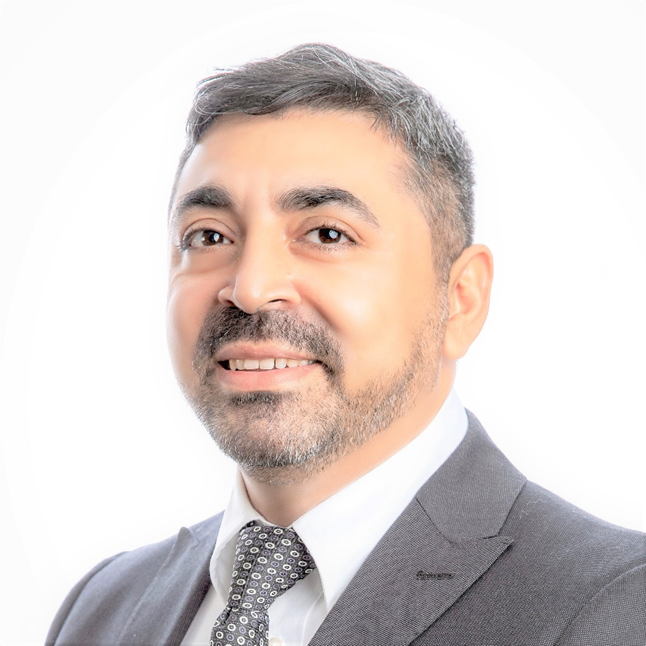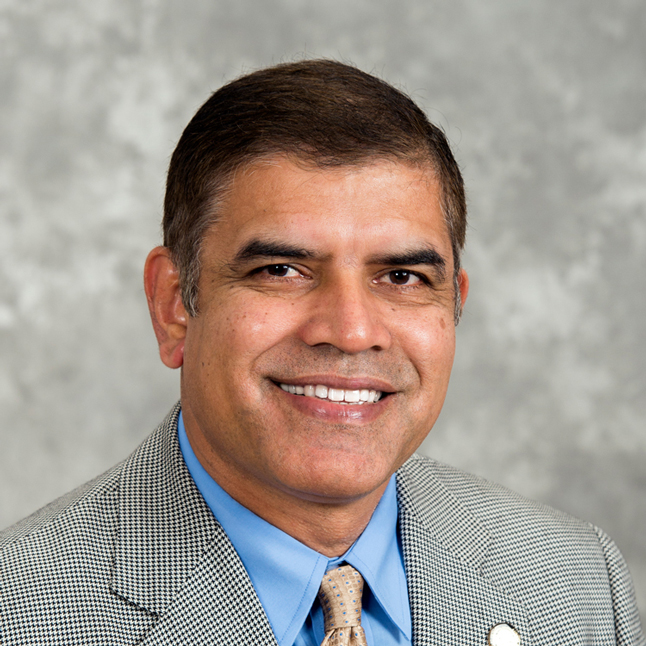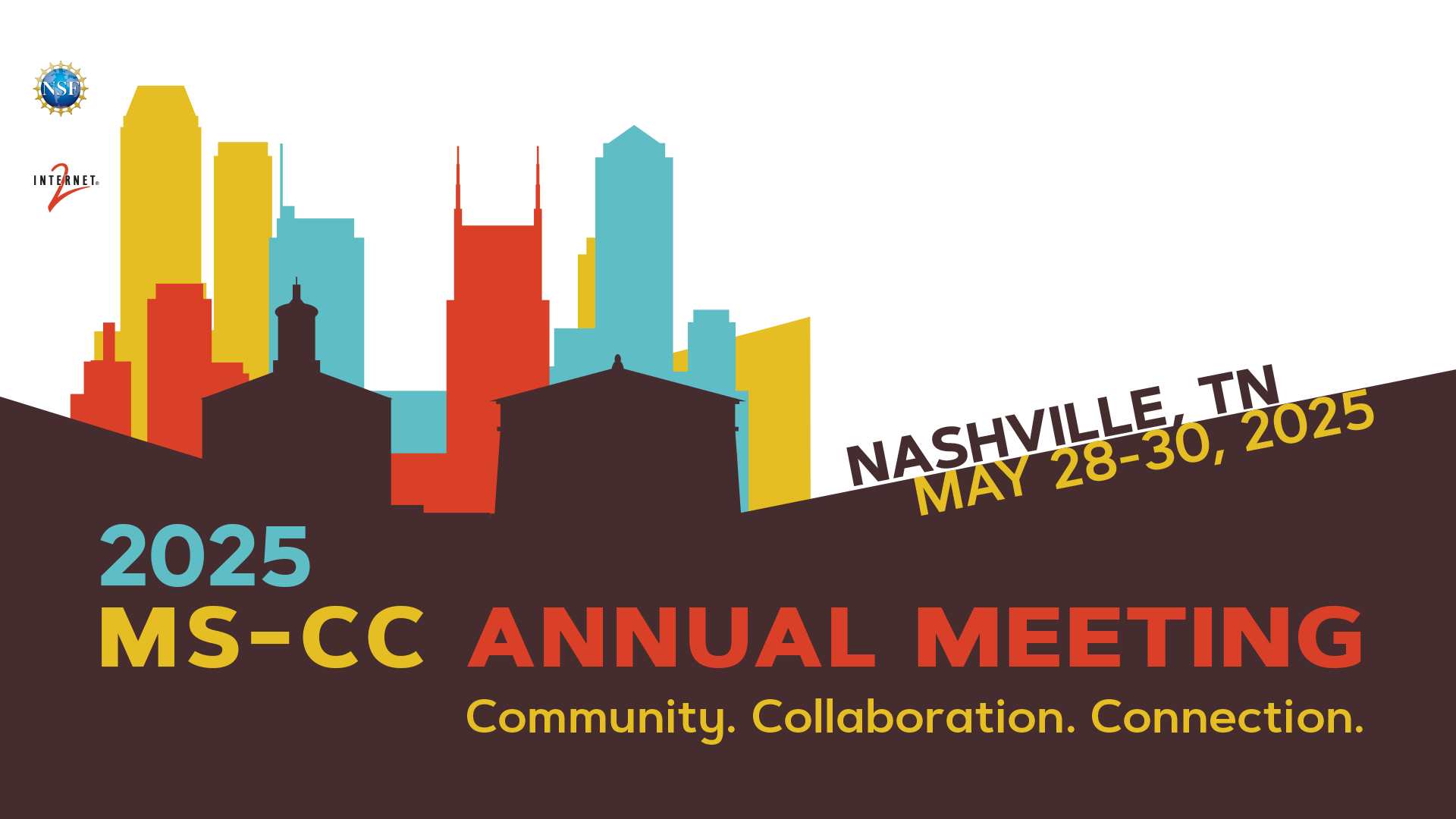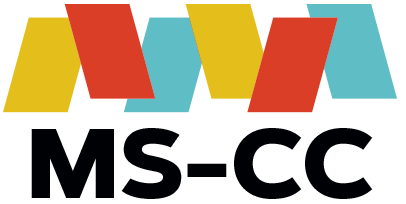By Apryl Motley – Communications Consultant, MS-CC
Who’s got next in the cyber workforce? An upcoming panel at the MS-CC Annual Meeting, “Preparing the Next Generation of Cyber Professionals,” will offer some answers to this important question. The panel will highlight innovative academic approaches to developing a skilled cyber workforce through hands-on curricula, AI-integrated instruction, and collaborative research experiences.
Panelists will share models from MS-CC schools and partner institutions that blend experiential learning, industry certifications, and real-world simulations that prepare students for careers. Among them are Dr. Naveed Zaman, dean of the College of Natural Sciences and Mathematics, and Dr. Ali Al-Sinayyid, assistant professor and director, Cybersecurity Innovation Center at West Virginia State University (WVSU).
Drs. Al-Sinayyid and Zaman have worked together on cybersecurity workforce development initiatives at WVSU. They will share their insights and experience at the MS-CC 2025 Annual Meeting in Nashville later this month.

More About Dr. Ali Al-Sinayyid
- Total Years at WVSU: 5 years
- What He Likes Most About His Job: Developing hands-on, real-world learning environments that empower students and drive innovation in cybersecurity education.
- Best Advice About Cyberinfrastructure He Ever Received (& from whom): “Build with sustainability and interoperability in mind.”
— Dr. Michael Zhu, mentor and collaborator

More About Dr. Naveed Zaman
- Total Years at WVSU: 25 years
- What He Likes Most About His Job: I enjoy shaping academic programs, creating opportunities for students, supporting student and faculty success, leading critical university functions, including accreditation and strategic planning, mentoring faculty and students, solving challenges, and fostering a strong academic community.
- Best Advice About Cyberinfrastructure He Ever Received (& from whom): Our previous cybersecurity director highly recommended hiring our current cybersecurity director, Dr. Ali Alsinayyid. This was probably the best advice and the best decision. Generalizing the advice, I would say the most critical piece of developing or expanding cyberinfrastructure is finding the right people.
Here’s more from the pair about the panel on which they are participating.
What prompted you to submit a session on this topic?
Zaman: We have been actively engaged in MS-CC events and greatly benefited from those presentations and ideas. Those presentations have helped guide our efforts, particularly as we’ve worked to establish our cybersecurity infrastructure and cybersecurity academic programs. This inspired us to share our journey, hoping that others might benefit from our experience just as we have benefited from theirs.
Al-Sinayyid: Our work at the CIC has demonstrated measurable success in preparing students for cybersecurity careers through applied learning, interdisciplinary projects, and partnerships with industry leaders. This panel provides a valuable opportunity to share our scalable, evidence-based approaches.
Why is your topic an important one to address?
Zaman: Massive shortages and the ever-increasing demand for a skilled cyber workforce, and the economic impact of security breaches on governmental, industry, and individual levels necessitate a proactive role from higher education. At the same time, many universities are constrained by limited resources. We believe other institutions can replicate our initiatives to establish cybersecurity infrastructures.
Al-Sinayyid: The growing complexity of cyber threats demands that educational institutions go beyond traditional instruction. Institutions must adopt experiential, AI-integrated, and interdisciplinary approaches to ensure graduates are ready to meet workforce demands. Addressing this now is critical to national security and economic resilience.
What do you hope attendees will learn from your presentation?
Zaman: They may find some or all of our initiatives (industry collaborations, curriculum development, community service, awareness, and establishing a research portfolio) to be useful in their desire to establish a cybersecurity center.
Al-Sinayyid: Attendees will learn how to integrate AI into cybersecurity instruction, establish effective industry partnerships, and design scalable hands-on programs that align with workforce needs. They will gain insights into our multi-tiered approach that bridges classroom learning and operational practice.
What do you enjoy most about speaking on this topic?
Zaman: Teamwork! What we have established in four years is remarkable. I am very proud of our cybersecurity director’s leadership, faculty and students’ hard work, university commitment, and industry partners’ support.
Al-Sinayyid: I enjoy the opportunity to advocate for transformative educational models and to engage with educators and leaders who are committed to workforce development. Sharing our CIC success stories—and learning from others—is a source of continued inspiration and growth.
In your experience, how has attending MS-CC Annual Meeting been beneficial or helpful to you?
Zaman: We attended the MS-CC meeting last year in DC. The meeting was highly beneficial as we learned from presentations, gathered information, learned about opportunities, and expanded our supportive network. We are looking forward to this year’s meeting as we know it would be an excellent opportunity to expand our knowledge and share our experiences with others.
Al-Sinayyid: The MS-CC Annual Meeting connects leaders from HBCUs with shared challenges and aspirations. It has been instrumental in shaping our CI strategy, forming collaborations, and staying up to date with the latest technologies and funding opportunities. These interactions continue to refine our curriculum and infrastructure.

Check out the program to learn more about the sessions being offered at the MS-CC Annual Meeting in Nashville. Even if you aren’t joining us at the meeting, we’ll be sharing materials from the sessions. See something of particular interest? Please let us know.
